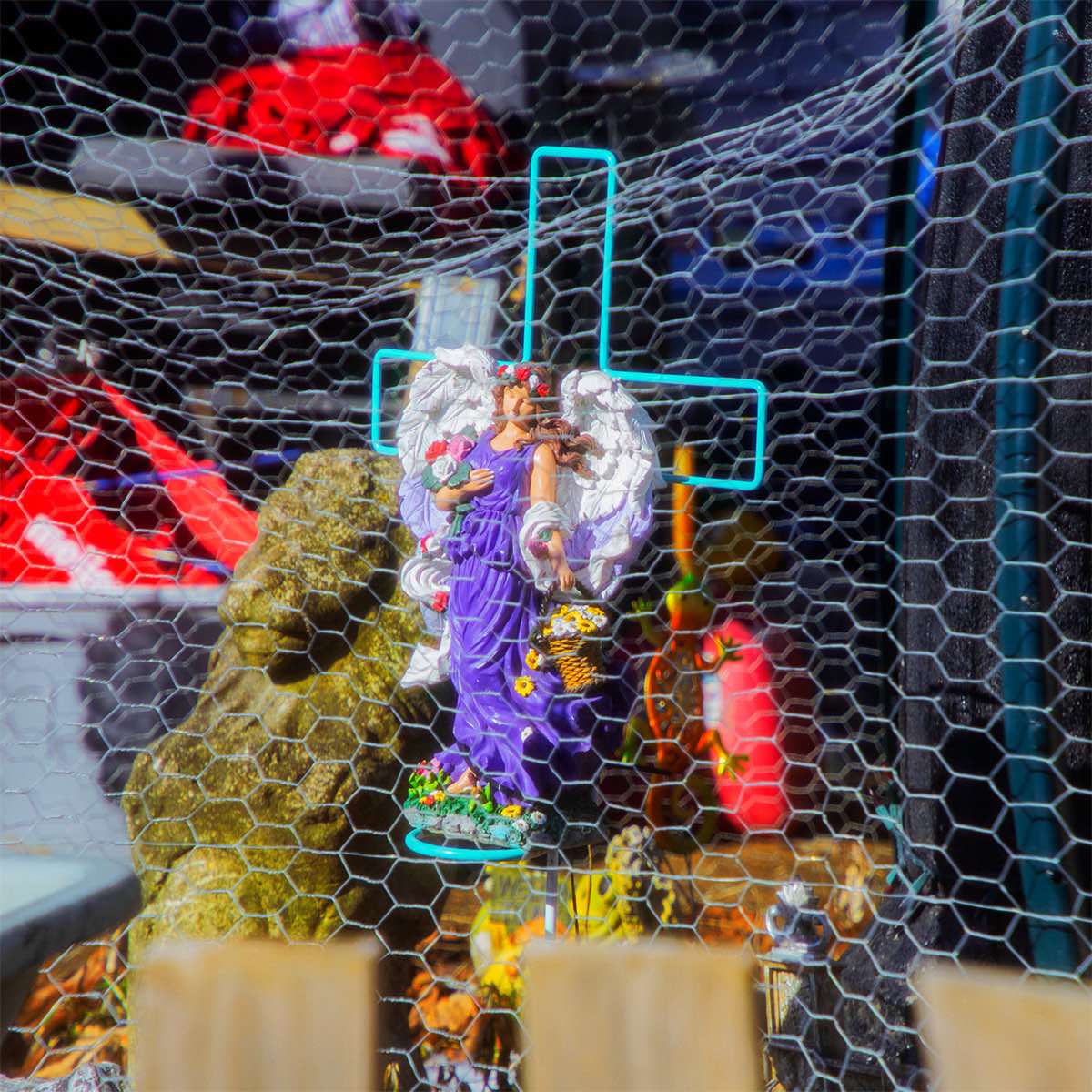Sinai Vessel
I Sing
KEELED SCALES
When we call someone a “tortured artist,” we presume their genius goes hand-in-hand with their internal struggle—they see the world differently, and thus are tormented by that vision. Rarely, if ever, do we acknowledge all the external forces at work, especially for an artist working under the long shadow of late capitalism. “I sing for a reason,” sings Sinai Vessel’s Caleb Cordes on the title track from his latest record. Far from lofty romanticism, this is presented as simple fact, a reality to be accepted among a cluster headache of uneven catharsis. The rest of the record—and, in many ways, the Sinai Vessel project as a whole—is desperate to unpack what that reason is, and whether it could possibly be enough, given the many indignities faced along the way.
Cordes has spoken at length about the blessing and the curse of being drawn to a life of songwriting. The many perspectives that pop up throughout the record seem entrenched in a similar battle between this kind of pragmatism and hope. For all the evident struggle, so much of I Sing is spent in a state of stagnation—the wish for action on opener “Doesn’t Matter,” the ambling 21st birthday spent idling on “Birthday,” the “ten years eating shit” on “Country Mile.” These aren’t so much important moments of transition as they are listless days on the precipice of more of the same.
“Country Mile,” specifically, seems most at odds with such an existence. “Sure, you’re known as nice and as someone who tries / Guess that’s not such a bad way to die,” sings Cordes with fading conviction, his vocals bringing to mind the kind of deadpan frustration of Control-era Pedro the Lion. The over-six-minute “Attack” exists on the other side of the spectrum, submitting to fate and almost begging for the pain which that entails, its cleansing final moments landing somewhere between a fadeout and a rebirth.
Of course, there’s an obvious bogeyman haunting even the most amenable moments of I Sing: No matter the predicament, capitalism and class are never far from the mind. The most nuanced approach comes toward the record’s back half, with the one-two punch of “$2 Million” and “Dollar.” On the former, Cordes paints a picture of the way righteous anger can quickly become desperate longing among pristine kitchen isles and idyllic bowls of fruit, and how easily the haves seduce the have-nots. On the latter, the vision is less clouded and the knife far sharper, as he questions the opaque value we subscribe to things that can never save us. It’s a brilliant bit of songwriting and, in a way, proof of concept on the whole Sinai Vessel project.
Cordes is as open as nearly any songwriting working today regarding the impracticality of such a life. There’s a certain naïve hope that music like Cordes’—thoughtful, assertive, nuanced—will always find the light of day, but if I Sing is proof of anything, it’s that those of us who have discovered it shouldn’t take it for granted.







